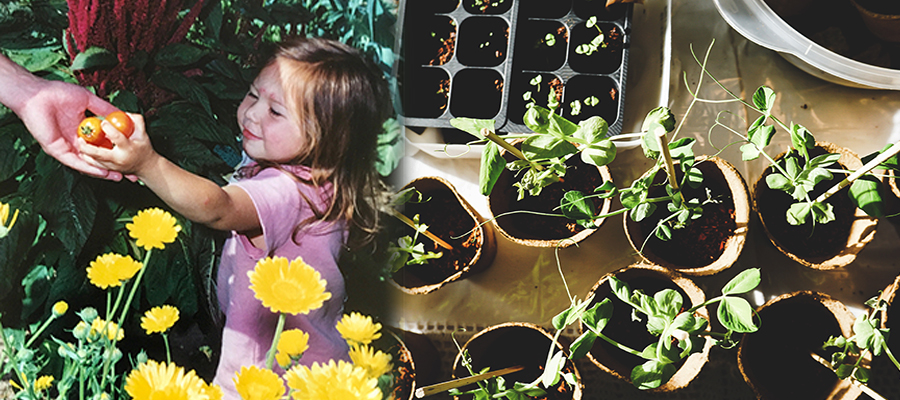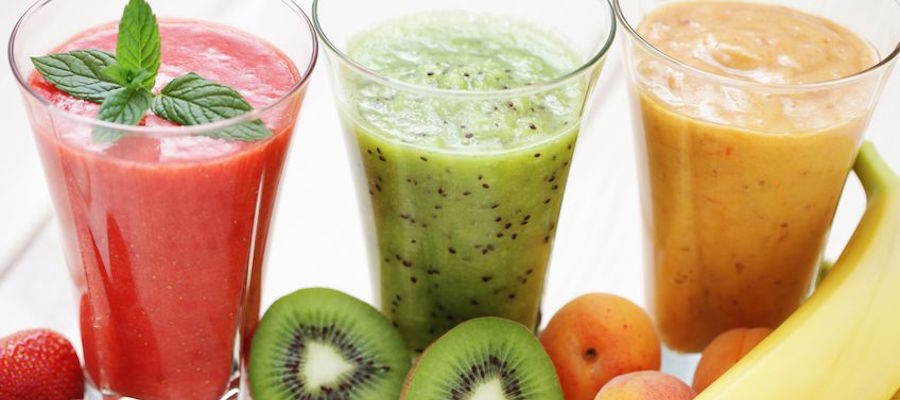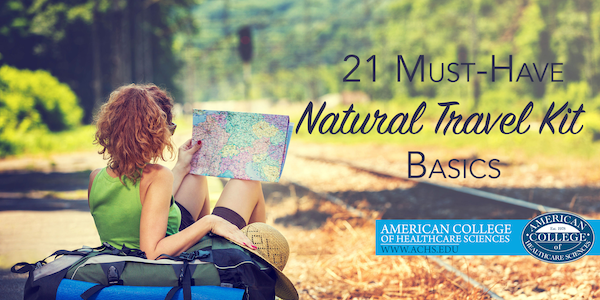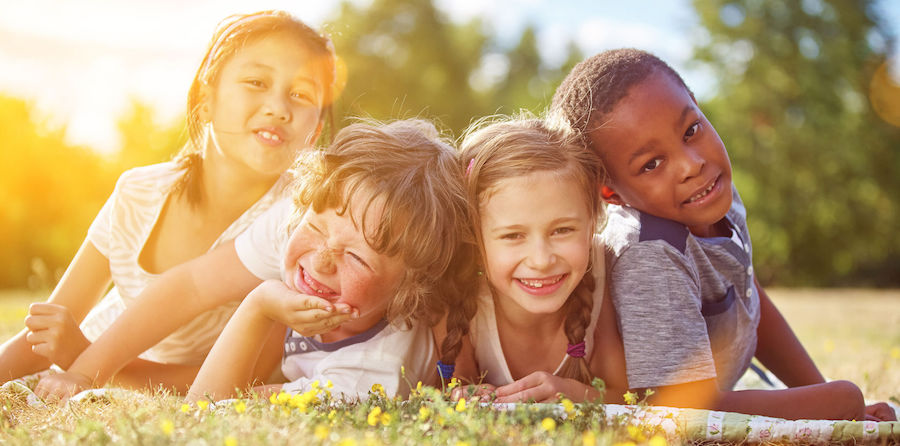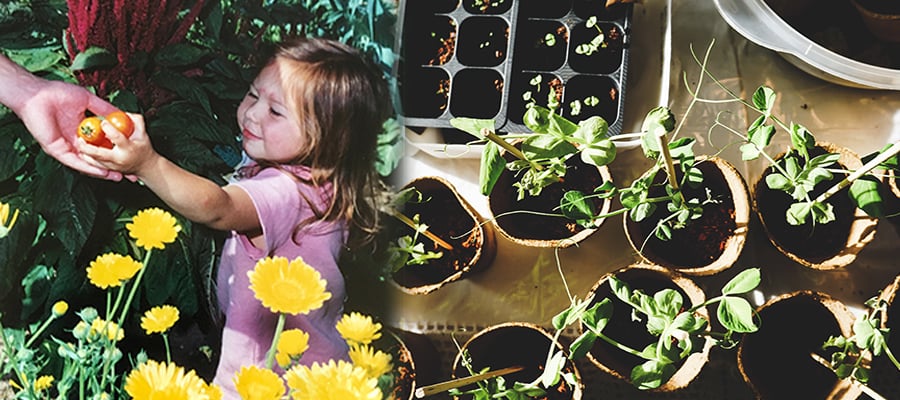
Images courtesy of Scott Wilson and Pexels.com
Some of you may know me as the social media coordinator at ACHS, but today I want to talk about gardening for kids. The weather is starting to get warmer, and as we all continue to promote social distancing, kids may be starting to get bored at home.
You might be thinking, “Is it too late in the year to start a garden?” The good new is, it’s not too late! According to Farm and Dairy, “Gardeners can plant vegetables in July and August for a fall harvest.”
When I was seven years old, I organized and taught a gardening class for three and four-year-olds (the kid in the blog header photo is me!). My dad, Scott Wilson, observed this and used what he learned to write a section on Kids’ Gardens in his eBook on Organic Gardening, which you can find on his website here.
Thank you to Scott for letting me share some of the information from his eBook here on the ACHS blog. Let's get started!
Kids’ Gardens
Scott says that the adults should deal with the less exciting behind-the-scenes details when preparing a garden for kids:
"Since a child’s sense of time is magically different from an adult’s, we should also consider this when including wee ones in the activities. They won’t want to hang around and dig a new garden bed from start to finish but they’ll certainly want to give it a try. After that, while you do the hard work, find a task suitable to their age (even if it’s not really valuable or productive) that will give them a sense of participation and importance. Ask them to sift through the soil and remove rocks or break up dirt clods with a little hammer."
Scott explains that what kids are really interested in is putting plants and seeds in the ground, watering, and harvesting. Some kids might not be interested in all the other details that go into gardening, especially the younger ones. He says, " I try to keep things light in the garden, meaning that I don’t moralize or explain too much. My intention is to provide an enjoyable venue for an experience through time and space, which is what gardening is."
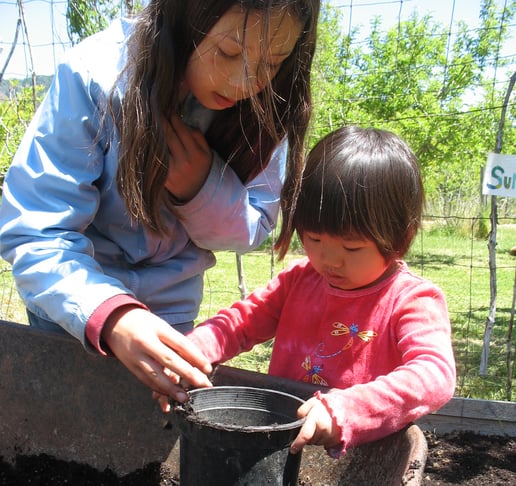 Pictured: Gillian Wilson teaching a children's gardening class. Photo courtesy of Scott Wilson
Pictured: Gillian Wilson teaching a children's gardening class. Photo courtesy of Scott Wilson
Choosing a Kid's Plot
Find a spot in your garden that can be your kid's personal garden space that they can plant whatever they want in. For example, when I was little, I absolutely loved to plant radishes! Scott says to "let the kid rule this domain no matter how fanatical or irrational they seem to be regarding their plot." In other words, let them plant and tend to their plants however they want, except in extreme circumstances such as if they overwater to the point that the plot is becoming swampy, or are trying to fertilize it multiple times in a day. If this does happen, this is Scott's advice: "If you frame the garden’s plight in human terms, they usually get it, as in 'giving them too much fertilizer, Johnny, would be like if I made you eat two truckloads of spaghetti every day.'"
Choosing Seeds and Starts
Kids love planting seeds! To start, you will need to explain to them that a tiny seed is going to become a much larger plant so there will need to be some space in between seeds. Scott warns that they probably won't listen to this advice, but it doesn't matter, because they will be having so much fun!
Here is Scott's advice on choosing what types of seeds to plant:
"Big seeds and fast-growing seeds work best for a kid’s garden. Big seeds are easier for their little hands to hold and they are more fun to look at. Beans and corn especially, come in a vast array of colours. At the garden centre, they will be attracted to the prettiest pictures on the packages. Fast-growing seeds are essential for quick returns."
Purchasing starts instead of seeds can also speed up the process, and don't forget to plant some flowers as well as vegetables!
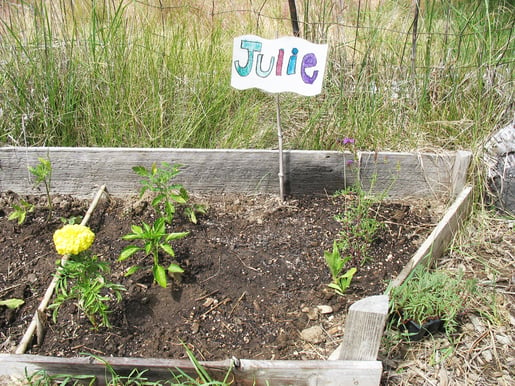
Child's garden plot. Photo courtesy of Scott Wilson
Watering
"Kids love watering. But they like to water in a way that can challenge their garden, especially in its early stages," Scott says. Insteading of letting the kid flood their garden with a hose, consider getting a nozzle attachment that can moderate flow rate and water particle size. Another good choice is a watering can with a spout, which kids love! Scott's advice is to choose one that that they can carry and pour without much strain, such as a half-gallon size.
Harvesting
Kids are always very proud to harvest their garden. If you can, try to encourage them to wait until their crop is ripe before harvesting. Scott provides more details about harvesting:
"Your produce should be perfectly ripe when harvested. Immature or overripe produce has lower quality and impaired storage potential. Non-edible portions such as carrot tops or outer leaves on cabbage should be removed. You see, vegetable plants “breathe” when they are alive, and they continue to “breathe” after they are picked, which means they lose moisture. Reducing their surface area where possible helps slow this process. Harvest in the morning before the produce has warmed up. If you have to harvest later, cool the produce in cold water, then drain and store it in a cool place or the refrigerator."
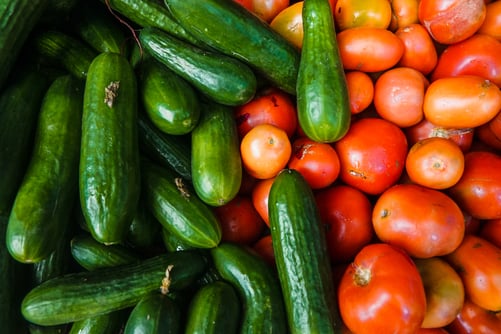
Seed Saving and Storage
When you grow a lot of vegetables, sometimes a few will escape notice and get too big to eat. Take cucumbers, for example! Scott says, "this is a perfect opportunity to do a little seed saving and introduce the circular concept of gardening to your child, going from seed to seed. If they show interest, include them in seed saving activities in the adult garden as well."
Scott says that most produce can be stored together, but that there are some combinations to avoid. He explains, "Apples, pears, peaches, plums, cantaloupes and tomatoes give off ethylene gas as they ripen. Produce damaged by ethylene includes lettuce, carrots, greens, celery, cabbage, potatoes, and onions. Many products pick up odors when stored near onions, so find a separate spot for them."
Now that you know the basics, let's get out there and start gardening!
Learn more about gardening in our helpful webinar
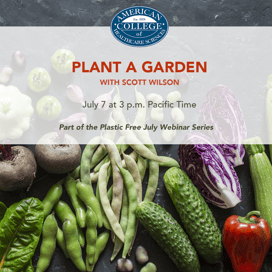 View the recording of our gardening webinar with Scott Wilson! He has been gardening for 40 years and his experience includes installing ecological landscapes and vegetable gardens in California, apprenticing on Earle Family Farm in New Hampshire, and five years as the landscaper on Herb Pharm’s organic farm.
View the recording of our gardening webinar with Scott Wilson! He has been gardening for 40 years and his experience includes installing ecological landscapes and vegetable gardens in California, apprenticing on Earle Family Farm in New Hampshire, and five years as the landscaper on Herb Pharm’s organic farm.
In this webinar, Scott aims to encourage beginners and those who have not gardened before. In it, he covers basics to getting started such as site selection, soil, watering, seeds and starts, fertilizers, pest control, harvest, and what to do with your harvest.
Disclosure of Material Connection: I am the social media coordinator for the American College of Healthcare Sciences, the Institution that publishes this blog. However, all opinions are my own. This blog may contain affiliate links. I am disclosing this in accordance with the Federal Trade Commission’s 16 CFR, Part 255: “Guides Concerning the Use of Endorsements and Testimonials in Advertising.”
About American College of Healthcare Sciences
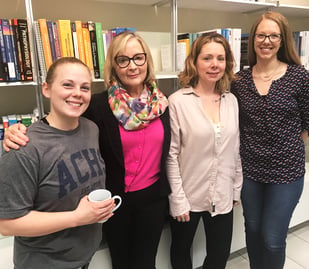 American College founded in 1978, is a fully online accredited institute of higher education specializing in holistic health. Based in Portland, OR; our goal is to make research-driven and science-based holistic health education taught by industry-leading experts accessible to anyone anywhere while still giving students a hands-on experiential learning experience like a traditional college and a strong sense of community, school pride and student bond.
American College founded in 1978, is a fully online accredited institute of higher education specializing in holistic health. Based in Portland, OR; our goal is to make research-driven and science-based holistic health education taught by industry-leading experts accessible to anyone anywhere while still giving students a hands-on experiential learning experience like a traditional college and a strong sense of community, school pride and student bond.
This commitment to our students and graduates reflects in our current survey results that reflect 98% of our students would recommend ACHS to a friend or family member.
We believe education is the most powerful tool for changing an individual and the world around us.
When a person enrolls as ACHS, it is vitally important that they graduate with tools they need to forge their own holistic and sustainable missions, build up their communities confidently and changing the face of healthcare with knowledge.
For more information visit achs.edu

